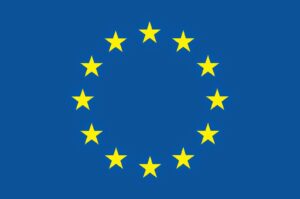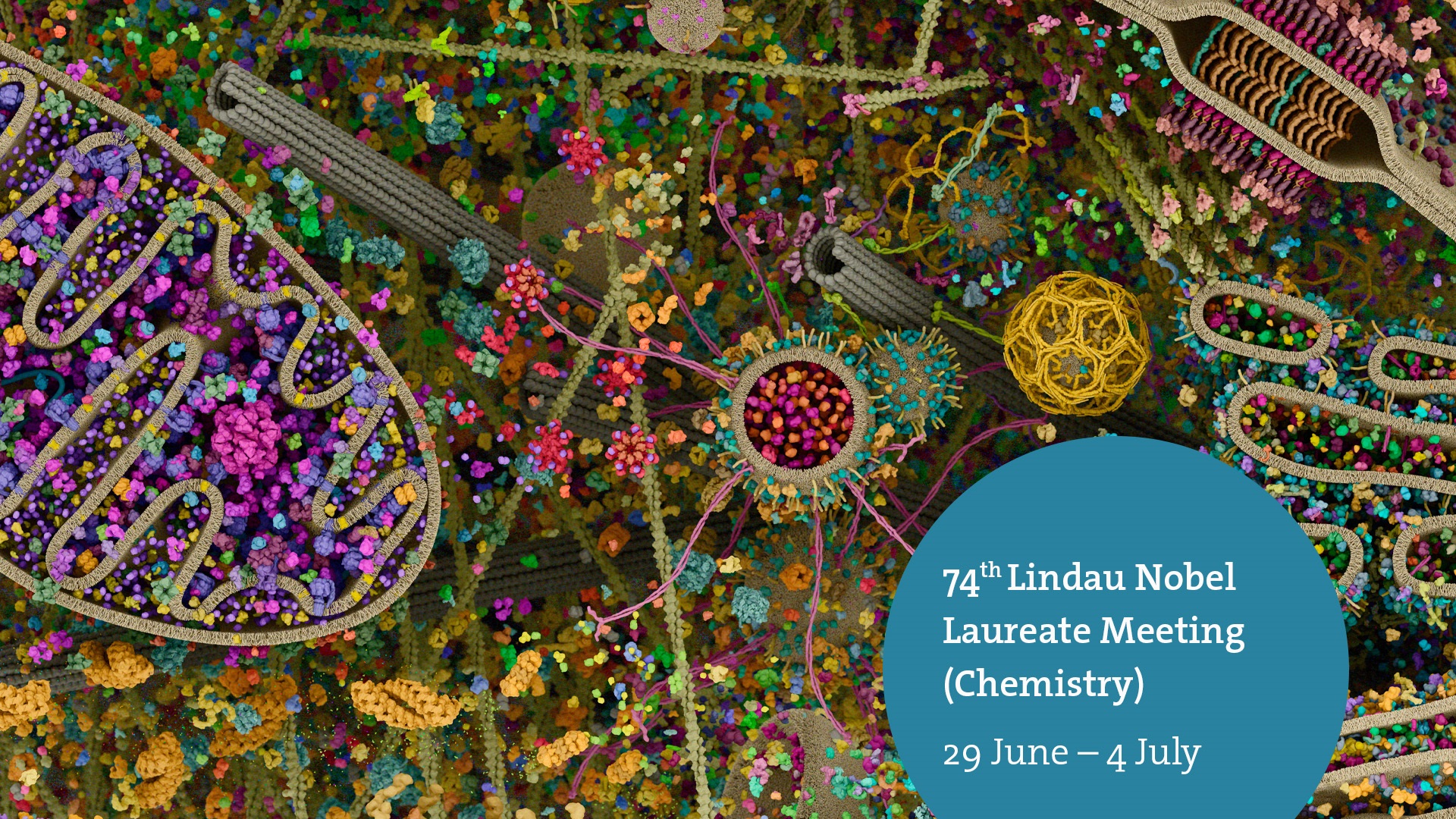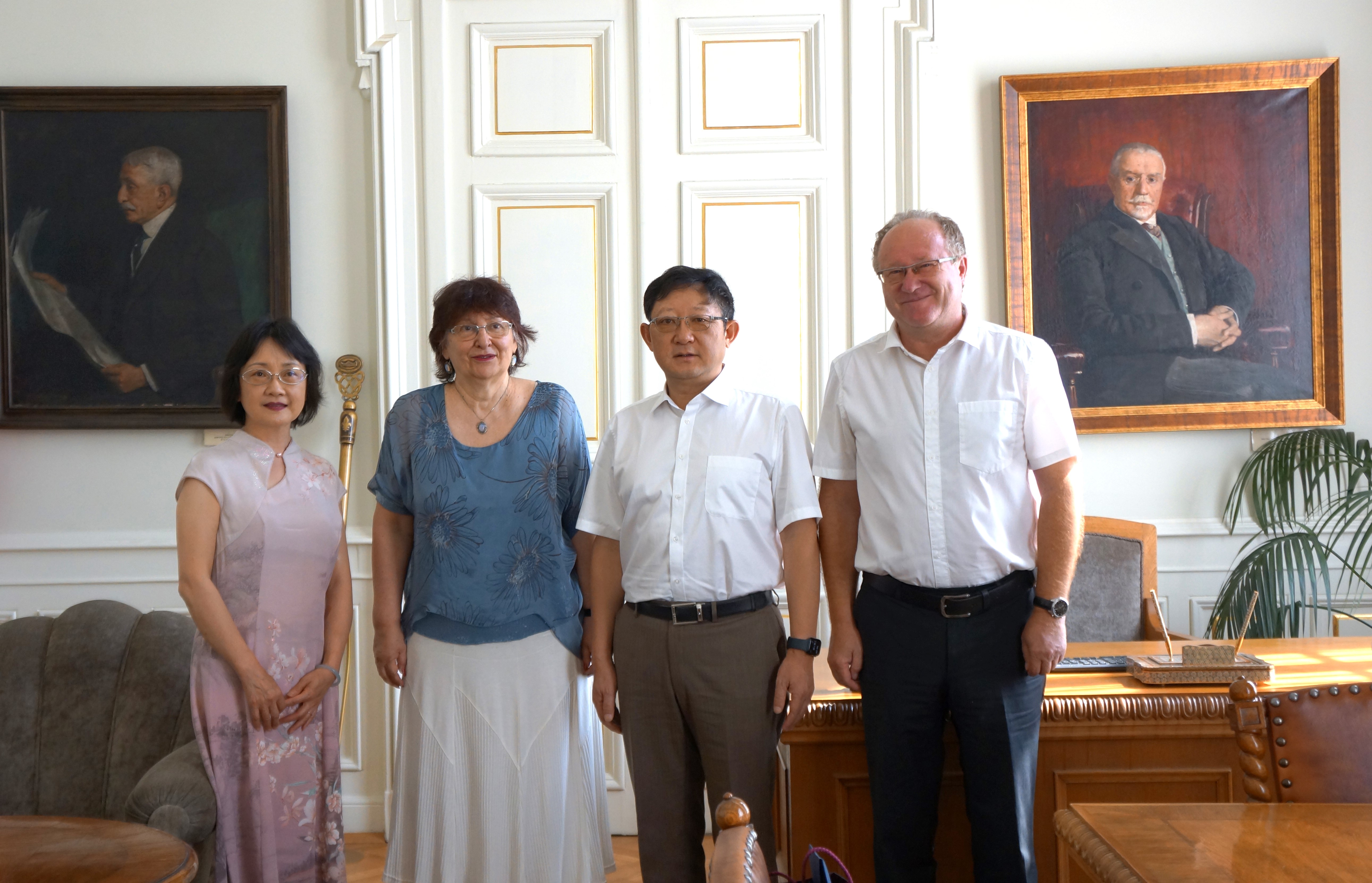Address of the Presidents of National Academies of Sciences of the European Union Member States
to the candidates for the 2024 European Parliament elections
Ensure European Union’s global leadership position in science and innovation
European science operates at the forefront of global research and innovation. Scientists across the European Union are engaged in research and development on fundamental, practical, and societal problems. Science and innovation are quintessential for the European Union’s freedom and resilience, for its global competitiveness, its prosperity and well-being. This should not be taken for granted. It is essential to safeguard the open and international collaborative character of the scientific endeavour, invest in the full breadth of science and scholarship, and guarantee the uptake of scientific insights into policies that address the major challenges of our democratic societies.
Promote a robust, open and free science system
International cooperation and the open exchange of knowledge, researchers and students are the major asset of the European Union, while the sharing of insight is a key prerequisite for scientific and technological advancement. Open international scientific cooperation is also important for international relations beyond academia. Decision makers should refrain from raising discouraging barriers to this. They should protect the principles of academic freedom, the academic institutional autonomy and the open international exchange of people and information, while ensuring safe and sustainable working conditions for scientists and students at all times.
Invest in science and education
Science and scholarship are not only important for economy and prosperity; they bring independent critical thinking and reflection, and these are fundamental to vibrant and resilient democracies. Securing Europe’s global leadership in science and innovation requires stable investments in research, innovation and education. To keep pace with other parts of the world, the European Union and its Member States should deliver on the mutually agreed ambition to invest 3% of GDP annually in research and development. In addition, and with the decisive contribution of the European Parliament, they should reinforce the European Union’s Framework Programme for Research and Innovation and the top-level quality of European education.
Use current scientific knowledge in policy
The European Parliament bears enormous responsibility for the advancement of science and innovation in the European Union with its Framework Programme and its European Research Area. We urge Member States and the European Union institutions to use scientific evidence continuously and wisely in their policymaking. The challenges ahead – including climate change and biodiversity loss, international migration, food security, energy transition, to name only a few – are so complex and urgent that they cannot be addressed effectively without science and without a trustful dialogue between science, politics, civil society and economic actors.
Signatories (by country)
| Heinz Faßmann, President | Austrian Academy of Sciences |
| Christoffel Waelkens, President | Royal Flemish Academy of Belgium for Science and the Arts |
| Michel Willem, President | Royal Academy of Science, Letters and Fine Arts of Belgium |
| Julian Revalski, President | Bulgarian Academy of Sciences |
| Velimir Neidhardt, President | Croatian Academy of Sciences and Arts |
| Achilles C. Emilianides, President | Cyprus Academy of Sciences, Letters and Arts |
| Eva Zažímalová, President | Czech Academy of Sciences |
| Marie-Louise Nosch, President | Royal Danish Academy of Sciences and Letters |
| Tarmo Soomere, President | Estonian Academy of Sciences |
| Tuula Linna, President | Finnish Academy of Science and Letters |
| Alain Fischer, President | French Academy of Sciences |
| Gerald Haug, President | German National Academy of Sciences Leopoldina |
| Stamatios Krimigis, President | Academy of Athens |
| Tamás Freund, President | Hungarian Academy of Sciences |
| Patrick Guiry, President | Royal Irish Academy |
| Roberto Antonelli, President | Italian National Academy Lincei |
| Ivars Kalviņš, President | Latvian Academy of Sciences |
| Jūras Banys, President | Lithuanian Academy of Sciences |
| Lucien Hoffmann, President | Luxembourg Grand-Ducal Institute, Natural Sciences Section |
| Alfred J. Vella, Rector | University of Malta |
| Marileen Dogterom, President | Royal Netherlands Academy of Arts and Sciences |
| Marek Konarzewski, President | Polish Academy of Sciences |
| José Luís Cardoso, President | Academy of Sciences of Lisbon |
| Ioan-Aurel Pop, President | Romanian Academy |
| Pavol Šajgalík, President | Slovak Academy of Sciences |
| Peter Štih, President | Slovenian Academy of Sciences and Arts |
| Jesús María Sanz Serna, President | Royal Academy of Exact, Physical and Natural Sciences of Spain |
| Birgitta Henriques Normark, President | The Royal Swedish Academy of Sciences |






